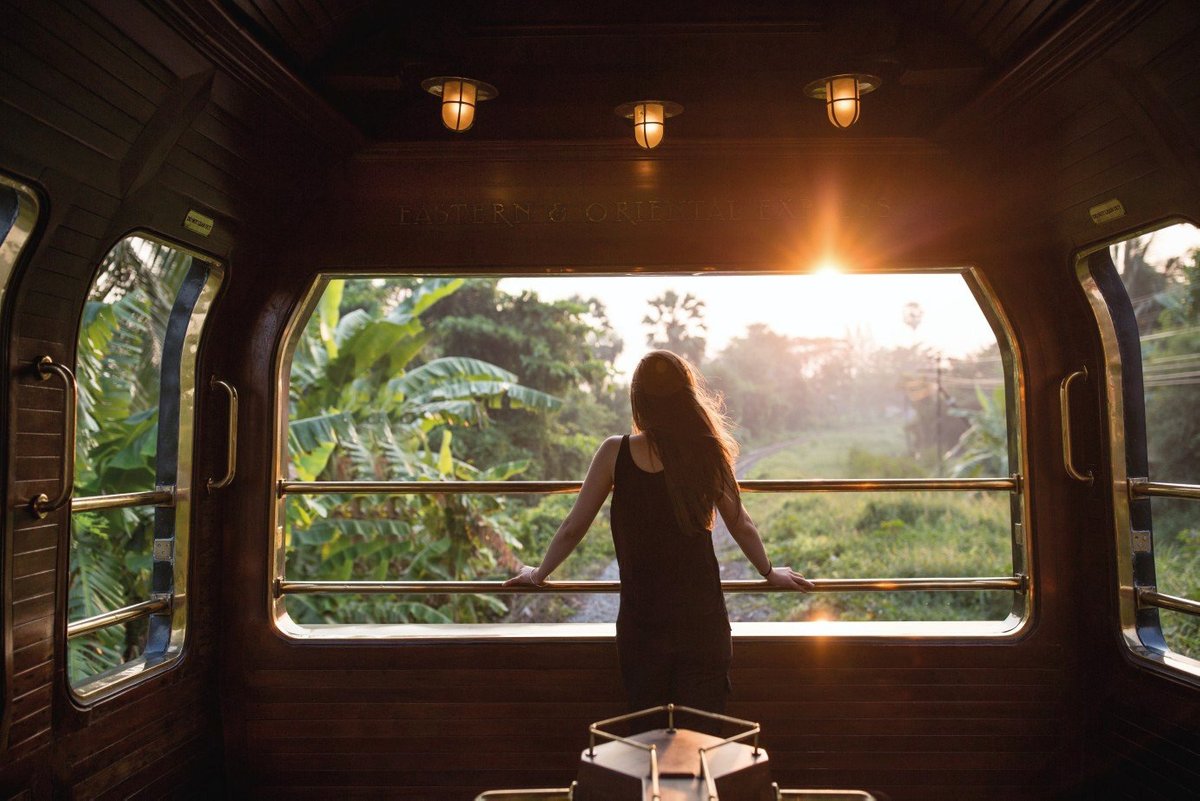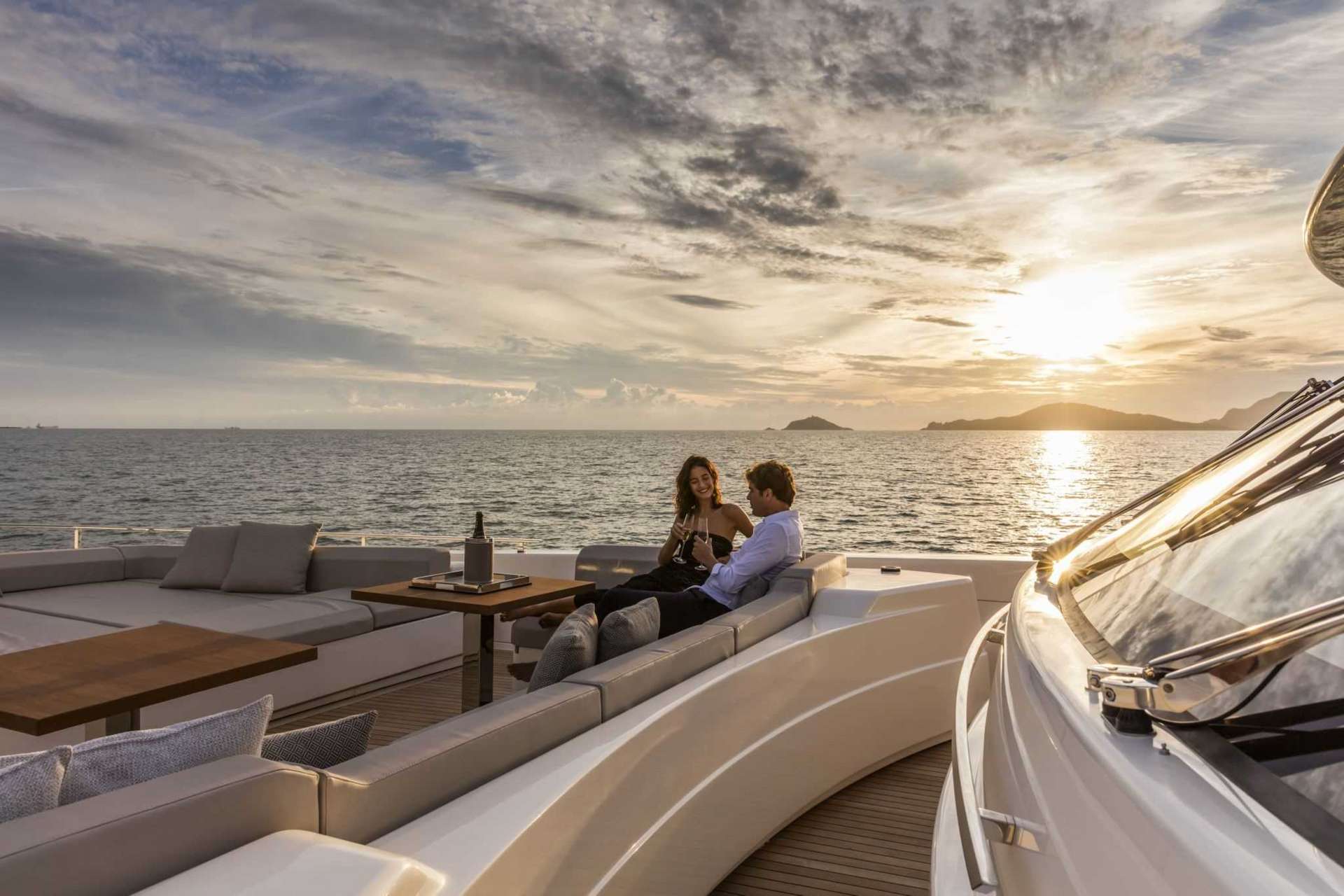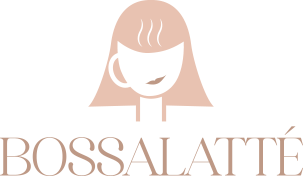Blog
Why “Luxury” is a Feeling – Not a Price Tag
Hey friend! Can we talk about something that’s been absolutely blowing my mind lately? You know how we’ve all been conditioned to think luxury = expensive? Well, I’m here to tell you that’s the biggest misconception of our time, and honestly, once you see it differently, your whole world shifts.
The Great Luxury Illusion
Picture this: You’re standing in a boutique, holding a $10,000 watch. The salesperson is going on about Swiss craftsmanship and exclusivity, but here’s the kicker – you feel… nothing. Meanwhile, last weekend you watched the sunrise from your kitchen window with a cup of coffee in your hands, and it felt like pure magic. Which one was actually luxurious?
We’ve been sold this massive lie that price equals luxury, and honestly, it’s exhausting. Marketing campaigns have spent decades drilling into our heads that if something doesn’t cost a fortune, it can’t possibly be special. But here’s what I’ve discovered through my own journey and countless conversations with people from all walks of life: true luxury lives in those moments that make your soul sing, regardless of what they cost.
The disconnect between what brands tell us luxury should feel like and what actually moves us is staggering. I remember talking to my friend Sarah who spent months saving for a designer handbag, only to realize the most luxurious part of her week was the quiet Sunday mornings she spent reading in her garden. The bag? It’s beautiful, but it doesn’t hold a candle to those peaceful moments.
From Gold Chains to Golden Moments: A Brief History
Let’s take a little trip back in time, shall we? The word “luxury” comes from the Latin “luxus,” which originally meant excess – and not in a good way. Back then, luxury was almost sinful, something you weren’t supposed to indulge in. How wild is that?
But as centuries rolled by, something beautiful happened. Luxury evolved from being about having too much stuff to being about experiencing something extraordinary. The Industrial Revolution played a huge part in this shift – suddenly, things that were once rare became accessible to more people. A silk scarf wasn’t just for royalty anymore.
The real turning point came when we started recognizing that our most precious resource isn’t gold or diamonds – it’s time. And with that realization, luxury began its transformation from material possession to meaningful experience. Coco Chanel nailed it when she said luxury isn’t the opposite of poverty; it’s the opposite of being ordinary.

The Psychology Behind Luxury Feelings
Here’s where things get really fascinating – and I mean neuroscience-level fascinating. Our brains are wired to respond to luxury through emotion, not price tags. When you experience something that feels luxurious, your brain releases dopamine, serotonin, and oxytocin – the same chemicals involved in love and deep satisfaction.
But here’s the beautiful part: these chemical reactions are completely personal. What triggers that luxury feeling in me might be totally different from what works for you. I have a friend who finds ultimate luxury in organizing her spice rack (I know, I know), while another friend needs a weekend in complete wilderness to feel that same sense of abundance.
Our personal values and life experiences shape what feels luxurious to us. If you grew up in a chaotic household, silence might be the ultimate luxury. If you were raised in a strict environment, spontaneity could feel incredibly indulgent. It’s like we each have our own luxury language, and learning to speak it fluently is life-changing.
The psychology also involves three key components: anticipation, presence, and memory. Think about planning a special evening – the anticipation builds the luxury feeling. Being fully present during the experience amplifies it. And the memory? That’s what makes it last forever, long after any expensive object would have lost its shine.
Generation Shift: How Millennials and Gen Z Redefined Luxury
Okay, this is where things get really interesting. The younger generations have completely flipped the luxury script, and honestly, I’m here for it. They’ve moved from “having” to “being” and “doing,” and it’s revolutionizing entire industries.
I’ve talked to so many people in their twenties and thirties who would rather spend money on a cooking class in Tuscany than a designer watch. They want access over ownership, experiences over possessions. It’s like they’ve collectively decided that stuff doesn’t define them – moments do.
Social media has played this fascinating double role in this shift. On one hand, it’s created pressure to showcase luxury experiences for the ‘gram. But on the other hand, it’s democratized luxury by showing us that extraordinary moments can happen anywhere, anytime. You don’t need to be in a five-star hotel to create something share-worthy – sometimes the most magical content comes from the most unexpected places.
There’s this beautiful paradox happening where younger consumers want experiences that feel authentic and personal, but they also want to share them with their communities. It’s not about showing off wealth; it’s about sharing joy and connection. And brands that understand this? They’re absolutely killing it.
When Brands Get It Right: Case Studies in Emotional Luxury
Let me tell you about some brands that have absolutely mastered the art of feeling-driven luxury. Patagonia is a perfect example – they’ve created this incredible sense of luxury around environmental consciousness. When you wear their gear, you’re not just buying a jacket; you’re buying into a story about protecting the planet. That alignment with your values? That’s luxury in its purest form.
Then there’s Airbnb, which has revolutionized how we think about luxury travel. They’ve shown us that staying in someone’s carefully curated apartment in Paris can feel more luxurious than a generic hotel room, no matter how many stars it has. The personal touches, the local recommendations, the feeling of living like a local – that’s emotional luxury at work.
I’m also fascinated by local artisans who are competing with global luxury houses not on price, but on authenticity. I know a potter whose handmade mugs cost $40 each, but drinking my morning coffee from one of them feels infinitely more luxurious than using expensive china. There’s something about knowing the hands that shaped it, the story behind it, that creates emotional value money can’t buy.
On the flip side, I’ve seen luxury brands crash and burn by focusing solely on price prestige. When a brand’s only selling point is “look how expensive this is,” it loses its soul – and its customers notice.
The Experience Economy Meets Luxury
Here’s what I’ve learned from years of studying consumer behavior and, honestly, from my own life: experiences create stronger emotional connections than products. Always. A beautiful meal with friends becomes a story you tell for years. A perfectly crafted handbag? It gets old.
The hospitality industry has figured this out brilliantly. The most successful luxury hotels aren’t just selling rooms; they’re selling transformations. They’re creating moments where you feel different, elevated, connected to something larger than yourself. It’s not about thread count or marble bathrooms (though those are nice) – it’s about how you feel when you’re there.
Travel has become the ultimate luxury for so many people because it offers something no physical object can: perspective. When you’re standing on a mountaintop you hiked for hours to reach, or sharing a meal with a family in a culture completely different from your own, you’re experiencing luxury in its most transformative form.
The paradox of our time is that we’re craving permanent ownership in a world that’s increasingly ephemeral, yet we’re finding that the ephemeral experiences are often more satisfying. It’s like we’re learning to find luxury in letting go rather than holding on.

Digital Transformation of Luxury Feelings
Technology has completely revolutionized how we access and experience luxury, and it’s mind-blowing when you really think about it. AI can now create personalized luxury experiences that would have been impossible just a few years ago. Spotify curates playlists that feel made just for you. Netflix learns your preferences and creates that perfect Friday night movie experience.
But here’s where it gets really interesting – virtual luxury experiences are becoming emotionally impactful in ways we never expected. I have friends who’ve taken virtual cooking classes with chefs in Italy during the pandemic, and they describe it as genuinely luxurious. The personalized attention, the exclusive access, the new skills learned – it hit all the luxury buttons without anyone leaving their kitchen.
Social media’s impact on luxury perception is this beautiful double-edged sword. It’s democratized luxury by showing us that extraordinary moments are everywhere, but it’s also created pressure to constantly curate and perform luxury rather than simply experiencing it. The key is finding that balance between sharing joy and getting lost in the performance of it.
Conscious Luxury: When Values Create the Premium Feel
This might be the most important shift happening in luxury right now – the intersection of values and indulgence. People are discovering that the ultimate luxury is having a clean conscience about your choices. When you buy something that aligns with your values, it feels infinitely more luxurious than something that creates internal conflict.
I’ve watched friends choose more expensive, ethically-made products and describe feeling genuinely more luxurious than when they bought cheaper alternatives. It’s not about virtue signaling; it’s about alignment. When your purchases reflect your values, every use becomes a small celebration of who you are.
Sustainability has become its own form of luxury. Knowing that your choices aren’t harming the planet, that they’re supporting fair labor practices, that they’re contributing to something positive – that knowledge enhances every aspect of the experience. It’s luxury that compounds over time rather than diminishing.
Transparency has become the ultimate premium experience. Brands that let you trace your product’s journey from creation to your hands are offering something invaluable: the luxury of knowing. In a world full of mystery ingredients and hidden supply chains, transparency feels revolutionary.
Building Your Personal Luxury Philosophy
Here’s where the rubber meets the road, friend. Building your own luxury philosophy starts with honest self-reflection about what actually makes you feel abundant and special. Not what Instagram tells you should make you feel that way, not what your friends think is luxurious – what works for YOU.
Start by identifying your luxury triggers. Maybe it’s the feeling of clean sheets on Sunday morning. Maybe it’s having fresh flowers on your table. Maybe it’s taking the long way home just to see the sunset. These aren’t expensive, but they can be incredibly luxurious when you recognize and honor them.
The art of mindful consumption is about quality over quantity, but also about emotional quality. Before buying something, ask yourself: “Will this enhance my life meaningfully, or am I just buying the idea of luxury?” Sometimes the most luxurious choice is not buying anything at all.
Creating luxury moments in everyday life is a skill worth developing. Light a candle during your morning coffee. Take a bath instead of a shower. Eat your lunch outside. These tiny upgrades can shift your entire experience of ordinary days into something that feels special and intentional.
The Future of Feeling-Driven Luxury
Looking ahead, I’m seeing some incredible trends emerging in emotion-based luxury markets. Brands are going to have to get much more sophisticated about creating authentic emotional connections. The companies that succeed will be the ones that understand that luxury is becoming increasingly personal and values-driven.
We’re moving toward a world where luxury might be completely democratized – where anyone can access feelings of abundance and specialness regardless of their budget. That’s both exciting and challenging for traditional luxury brands. They’ll need to evolve from selling exclusivity to selling transformation.
Future generations are likely to be even more experience-focused and values-driven than today’s young consumers. They’ll probably find luxury in things we can’t even imagine yet – maybe in digital detoxes, maybe in human connection experiences, maybe in ways of living we haven’t invented yet.
The brands that thrive will be the ones that understand that true luxury is about making people feel more like themselves, more connected to what matters to them, more aligned with their values. Price will become increasingly irrelevant compared to personal relevance.
Frequently Asked Questions (FAQ)
Absolutely, and this might be the most liberating realization you can have about luxury. I’ve experienced some of the most genuinely luxurious moments of my life for free – watching meteor showers, having deep conversations with friends, or finding the perfect book at the library. The psychology research backs this up: our brains respond to luxury through emotional triggers, not price recognition. When you feel pampered, special, or deeply satisfied, your brain releases the same chemicals whether you spent $5 or $5,000. The key is understanding your personal luxury language and honoring it, regardless of cost.
This is so fascinating! What feels luxurious is deeply influenced by cultural context and personal background. In some cultures, having time for lengthy meals with family is the ultimate luxury. In others, it might be having privacy and solitude. I’ve talked to people from different cultural backgrounds who find luxury in completely different things – from the Danish concept of “hygge” to the Japanese appreciation for “ma” (the beauty of empty space). Your cultural upbringing shapes not just what you value, but how you experience abundance and specialness.
Researchers are getting pretty creative about this! They use neuroimaging to track brain responses, measure stress hormones, and study behavioral patterns. But honestly, the most reliable measure is subjective – how do YOU feel? Scientists have found that authentic luxury feelings involve increased activity in reward centers of the brain, decreased stress markers, and enhanced memory formation. But at the end of the day, if it makes you feel abundant, special, and aligned with your values, it’s luxury for you.
The brands that nail this focus on three things: personalization, values alignment, and emotional storytelling. They stop trying to sell status and start selling transformation. They invest in understanding their customers’ values and life circumstances, then create experiences that feel personally relevant. The best luxury brands make you feel like they truly see and understand you – and that level of personal attention is increasingly rare and valuable in our digital world.
Treating yourself is often about temporary indulgence – buying something nice to make yourself feel better. Experiencing luxury is about meaningful enhancement of your life that creates lasting positive impact. Treating yourself might be buying expensive ice cream after a hard day (which is totally valid!). Experiencing luxury might be taking the time to really savor a simple meal, focusing on the flavors and textures and company. One is about having; the other is about being. Both have their place, but luxury experiences tend to create more lasting satisfaction and positive memories.
The beautiful truth is that luxury is deeply personal and completely accessible once you understand that it’s about feeling, not spending. It’s about alignment, presence, and intentionality. And honestly? That’s the most luxurious realization of all.


